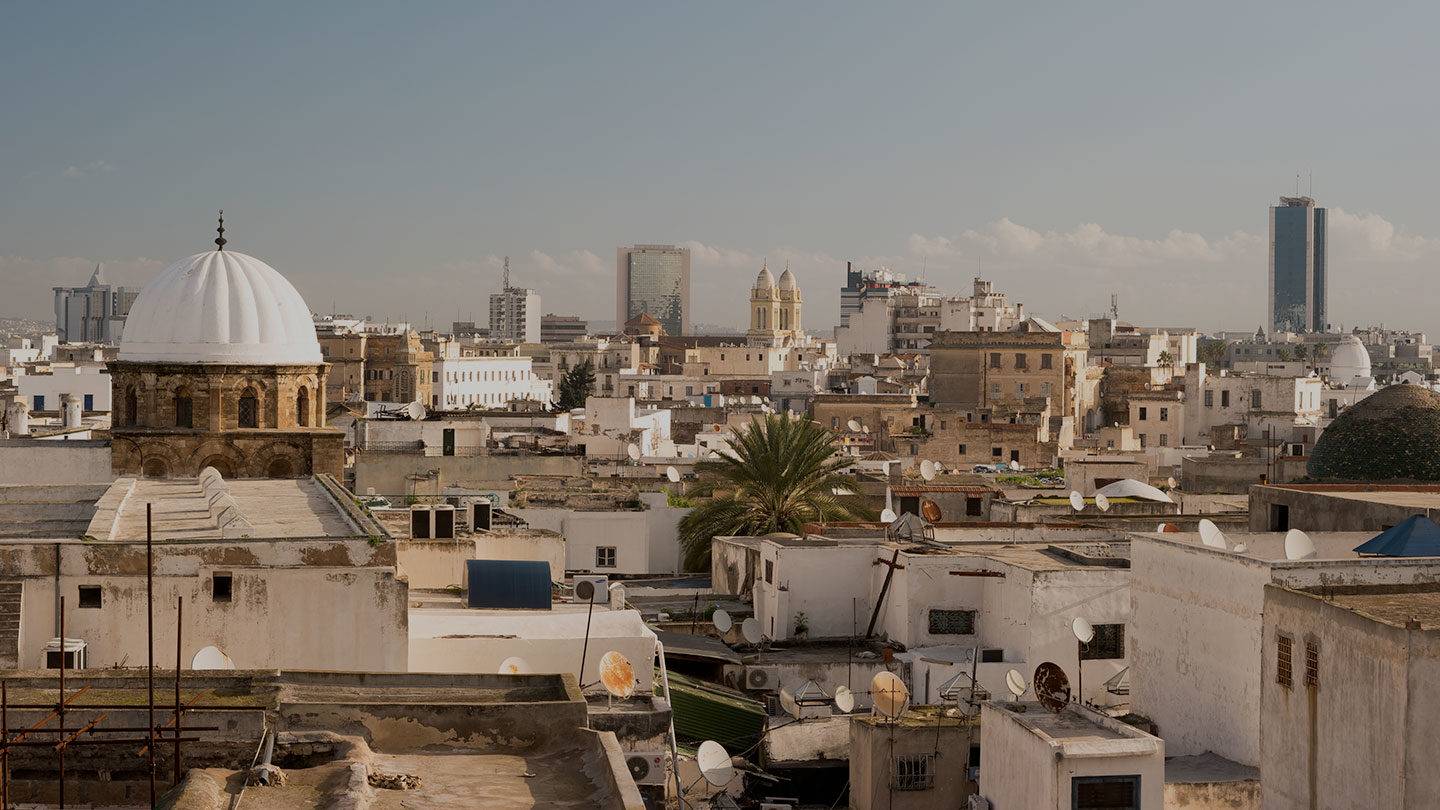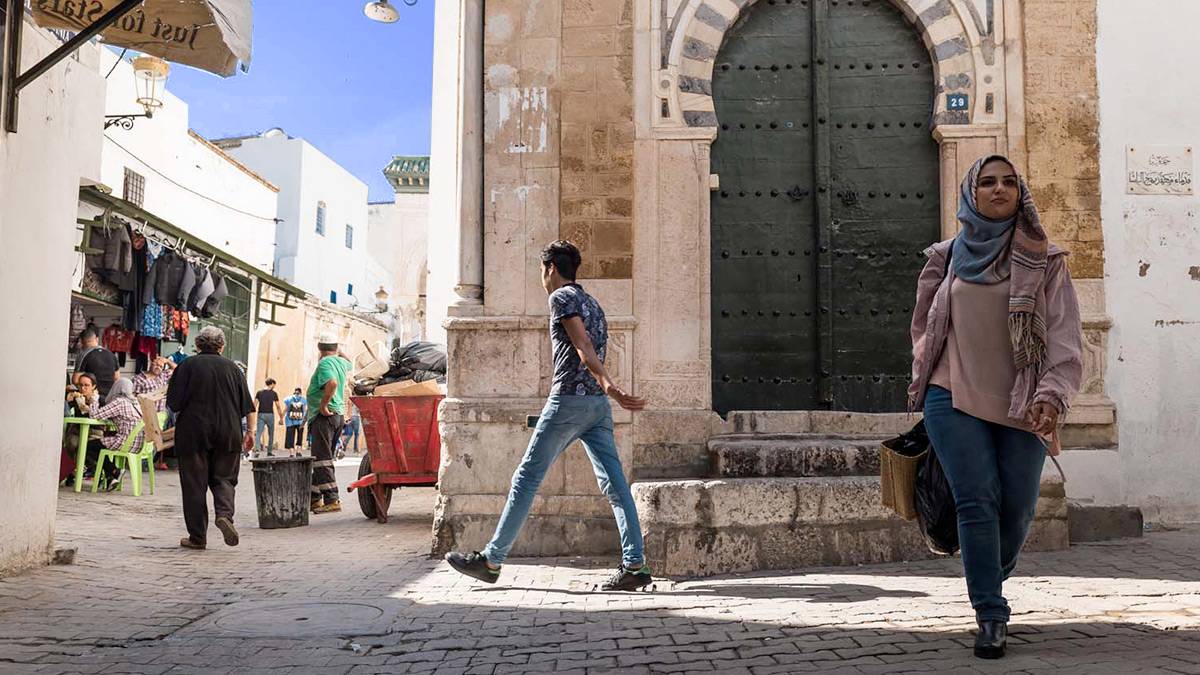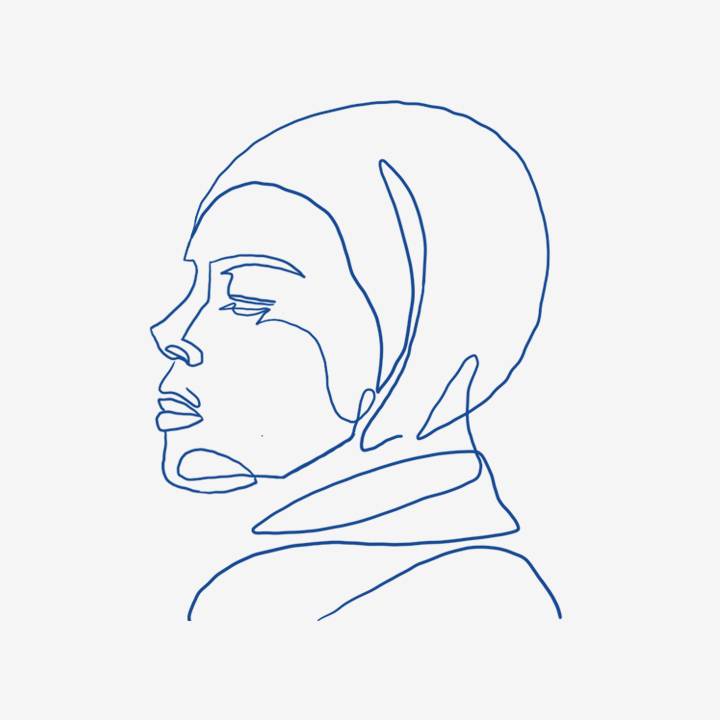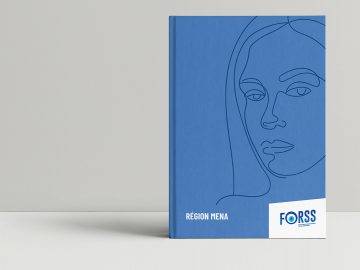
TUNISIA

Faced with the dual challenges of the demographic and epidemiological transition and subject to the political disengagement of the state, Tunisian health systems have endured decades of improper governance that has exacerbated inequalities in access to care. Today, despite the reforms undertaken following the 2011 revolution and the accelerated development of the private sector, the expectations and needs of Tunisians with regard to access to healthcare have still not been met. The poor geographic coverage of basic health services puts inhabitants of certain regions at a significant disadvantage. It leads to delays in healthcare that can be very harmful, and forces some to resort to the private sector where costs are high (and not reimbursed) and contributes to overcrowding in hospitals. These imbalances between the coastal regions and areas further inland as well as disparities between social groups makes access to prevention and care services for sexually transmitted infections (STI) even more difficult for people in situations of vulnerability. This is especially true for women and populations at elevated risk such as men who have sex with men (MSM), sex workers (SW) and injection drug users (IDU).
Unequal access to care
In Tunisia, HIV/AIDS is classed as an urban epidemic that affects young people in particular. Greater Tunis and the coastal regions account for 88% of cases*. Care for PLHIV is concentrated in this region, where there are just four centres (Tunis, Sousse, Monastir, Sfax) leaving the entire western part of the country with no coverage. The high cost of transportation to get to these centres is a real hindrance to patient compliance. In addition, most specialised services provided to MSM, SW and IDU is supplied by non-profits based in Greater Tunis. Although voluntary testing is currently offered in 25 centres free of charge and anonymously, the quantitative and qualitative impact of this service is moderate, with an average of 1.18 tests/1000 inhabitants and a low level of attractiveness for key populations who represent fewer than 10% of the people tested**.
*Source: FORSS Programme – MAHJOUBI Mohamed Bilel, Status report on services available in the struggle against HIV/AIDS in Tunisia, June 2019
**Source: Ibid.

Stigmatisation, discrimination and violence against key populations
Key populations have to deal with numerous socio-cultural and legal obstacles on a daily basis, such as social rejection, being expelled from their family home, stigmatisation and discrimination in the workplace or by healthcare professionals, criminalisation or deprivation of basic rights. The most striking example is probably article 230 of the Tunisian Penal Code which sets a penalty of up to three years’ imprisonment for “sodomy” between consenting adults. The Arabic version of the article, which has legal force, targets “male or female homosexuality”. Furthermore, a broad interpretation of article 226 bis – which makes it illegal for “anyone to publicly infringe decency or public morals” – is also detrimental to key populations. The discrimination and physical and/or sexual violence that these groups encounter are currently the greatest impediments to prevention and to accessing care. Combined with stock shortages of prevention materials and medicines, these obstacles render key populations in Tunisia extremely vulnerable to HIV.
KEY FIGURES
UNAIDS 2023 – TUNISIA
of PLHIV are aware of their HIV status receives an antiretroviral treatment
of PLHIV receiving antiretroviral treatment have a charge
HIV prevalence rate among people who inject drugs (PWID)

Women face double discrimination
Women who are PLHIV and who belong to key populations are doubly stigmatised and exposed to multiple forms of violence (familial, domestic, etc.). This situation limits their access to public health services. Adolescent girls are subject to legislation and policies that are age-dependent (minors must be accompanied by their guardians for HIV testing) and are also increasingly marginalised. Women’s socio-economic vulnerability is exacerbated by the fact that their work is often informal. The fact that they do not get paid when they cannot go to work and often do not have medical insurance is a further barrier to accessing care for these women and their families.

Civil society leading the way
Confronted with this reality, civil society organisations got involved early on and their work has proven effective. Today, non-profits are full partners in their own right in the national response to combat HIV/AIDS and benefit from financial support from the Global Fund to Fight AIDS, Tuberculosis and Malaria in order to implement testing programmes with key populations and comprehensive care and treatment for PLHIV. In light of the increased demand for treatment and legal assistance, especially from SW, some non-profits such as ATL-MST Tunis, ATIOST and ATP+ (one of the partners in the FORSS programme) are playing a crucial role in prevention support and guidance, alongside hospital services in particular.

